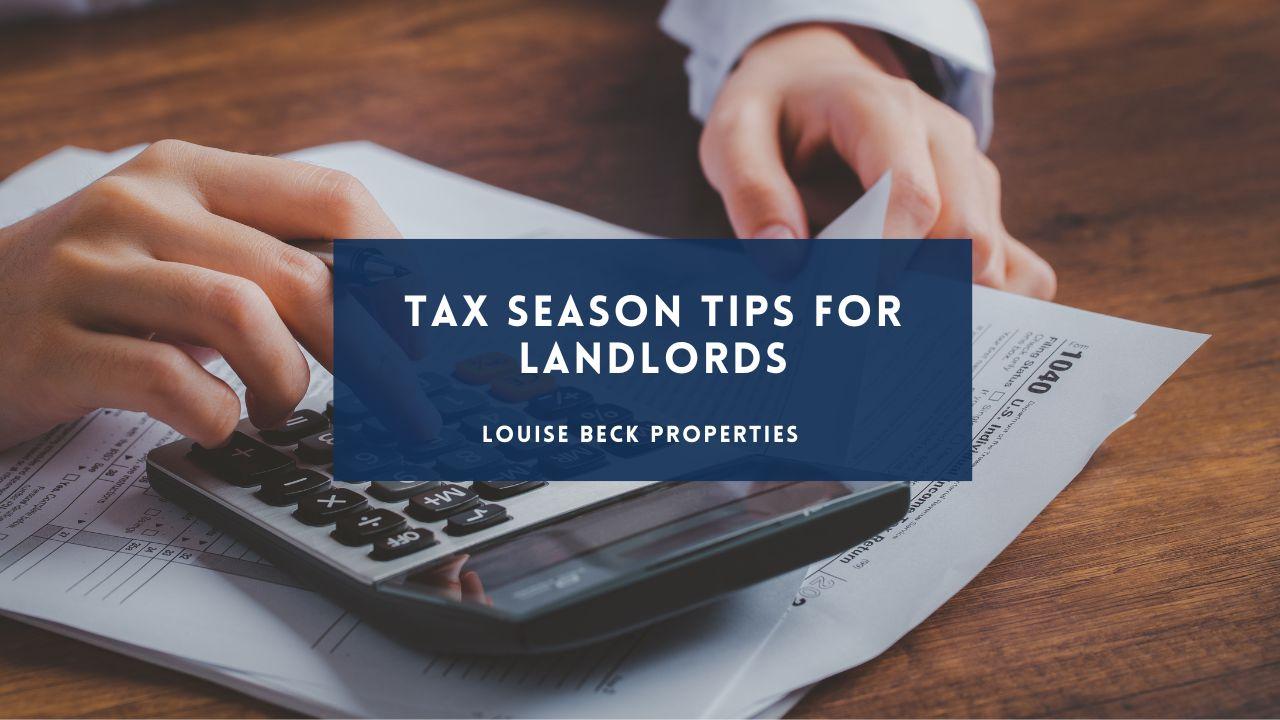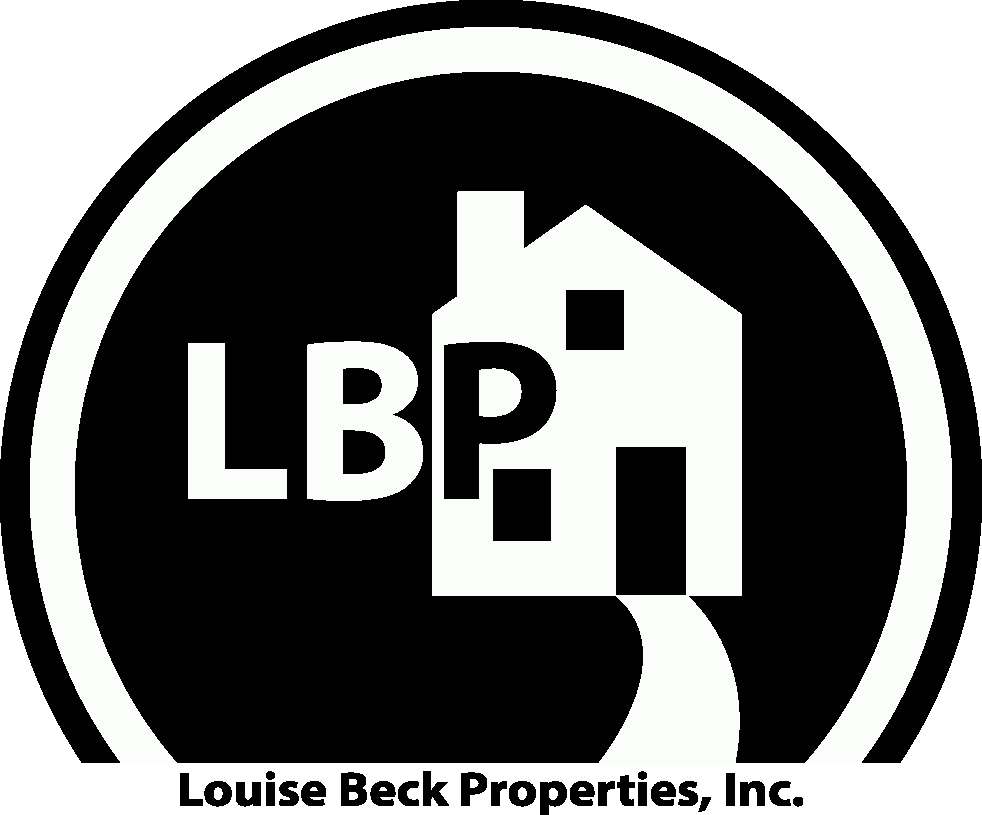Key Takeaways
- Understanding tax deductions is key to maximizing rental profits – Many landlords miss out on valuable savings because they’re unaware of which expenses qualify for deductions or fail to maintain the proper documentation. Knowing how deductions work can significantly reduce tax liabilities and increase net income.
- A wide range of rental expenses are tax-deductible – Landlords can claim deductions for depreciation, mortgage interest, property taxes, and operating costs such as insurance, management fees, maintenance, and travel. Understanding the difference between repairs and capital improvements is essential for accurate tax filing.
- Proper organization and professional support prevent costly mistakes – Common errors can lead to missed deductions or IRS issues. Partnering with property managers and tax professionals helps landlords stay compliant, organized, and financially efficient during tax season.
What is one of the most accessible avenue for maximizing profits on your property investment? Knowing how to take full advantage of available tax deductions. The main issue is that many property owners simply don’t know the expenses that qualify for tax deductions or how to calculate them. The other major problem is that landlords often don’t have enough documentation to back up all their claimed expenses.
But these are not insurmountable problems. In this post, we at Louise Beck Properties aim to help you understand how tax deductions work for rental properties, so you can take full advantage of the tax deductions to boost the income from your properties.
Understanding Rental Property Tax Deductions
The US tax code allows landlords to make tax deductions for several ordinary expenses deemed necessary for the management and maintenance of their property.

These deductible expenses include:
Capital Improvements
These are renovations that increase the value of your property, extend its lifespan, or adapt it for new uses. These costs are typically added to the purchase price of the property when calculating the depreciation cost of the rental. It’s different from tax deductions for repairs and maintenance.
Mortgage Interest
For most property investors, this is going to be the single largest deductible expense for their rental property. These deductions cover the interest payments on the loan used to finance the rental property.
Property Taxes
Property taxes can also be deducted as a business expense from your rental income. Depending on several variables, you may deduct the full amount paid as property tax or a portion of it. An experienced tax expert can help you understand how the rules apply to your rental properties.
Depreciation
Over the course of several years, landlords can gradually recover the money spent to buy and renovate a rental property. This is possible through depreciation, an accounting tool that allows you to reduce the value of a property, not land, every year for 27.5 years or until you recover the full cost of the property.
Operating Expenses
Many of your rental property’s operating expenses are tax-deductible.

Here are some of the most common ones:
- Advertising – This covers all costs incurred by a landlord to find new tenants for a rental property, including everything from property listings to yard signs and professional photos..
- Repairs and Maintenance – Repair and maintenance restore the property to its original condition, these costs can be deducible.
- Insurance Premiums – This includes premiums for fire, flood, theft, and liability insurance, as well as mortgage insurance premiums.
- Property Management Fees – Includes fees paid to accountants, attorneys, property managers, and other professionals.
- Utilities – Expenses incurred on utilities for the rental property, such as gas, electricity, water, and internet for the tenants, are deductible.
- Cleaning and Maintenance – The cost of cleaning the property, landscaping, trash removal, and pest control may be deducted.
- Travel Expenses – Transportation costs to manage the property from afar, collect rent, make repairs, or meet with vendors can be deducted.
Tax Mistakes Landlords Must Avoid
The following mistakes must be avoided during tax season:
Failing to Track Expenses
If you fail properly track your expenses you run the risk of missing out of opportunities for deductions. Make sure to keep detailed records of all expenses and receipts. Having physical and digital copies as back up and keeping them organized by date and category can make it easier to pull records for a given tax season.
Mixing Personal and Business Finances
This is common in rental properties that are used for personal and business purposes. Separating personal expenses from rental ones is hard if funds are commingled.

To avoid any issues, it’s best to have separate business accounts and credit cards. You should also set up a business email to keep track of communication with vendors and tenants.
Repairs vs. Improvements
Some landlords struggle to understand the distinction between repairs and maintenance and capital improvements. These two items are viewed and handled differently by the IRS. Capital improvements are depreciated, while repair and maintenance is tax-deductible. It’s best to consult with a professional to ensure that you’re filing these correctly.
Overlooked Deductions
The majority of landlords, while constantly seeking ways to improve the performance of their rental properties, overlooked the amount of possible deductions available to them. Working with property managers and tax experts can help you maximize savings and returns.
Inadequate or Improper Documentation
Documentation to substantiate all claimed expenses will save you in the event of a tax audit. Landlords must not only create systems for accurate record-keeping, but they must also cultivate the discipline to use those systems.
Important Records for Tax Season
Tax season can be stressful for landlords of they don’t keep proper records, or their records are not properly organized. For ease when tracking a property’s deductible expenses and to avoid costly mistakes, accurate record-keeping is essential.
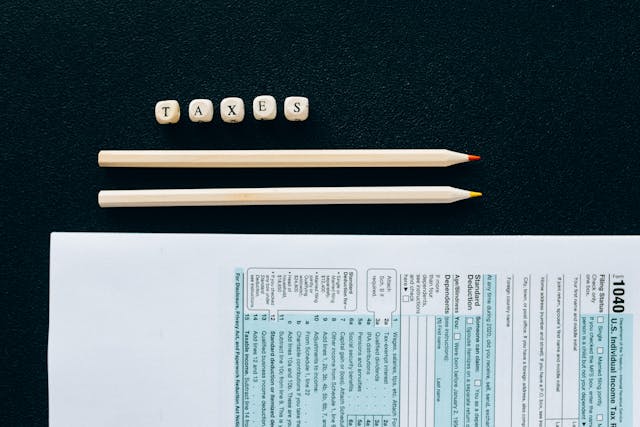
Here is a list of the most important records for tax season:
- Lease agreements for all the tenants in the rental property.
- Details of business entities belonging to the landlord.
- All legal documents pertaining to the property.
- Rent and repair receipts.
- Permits taken out on the property.
- Insurance policies, loan documents, and tax records from previous years.
- Property deeds and titles.
- Details of advertising.
- Receipts for interest payments, repairs, and utilities.
- Details of legal, accounting, and property management fees.
Bottom Line
Navigating tax season helps you maximize returns and reduces legal liabilities. Keeping detailed records, remaining informed on tax policies, and taking advantage of tax deductions can help your rental business thrive. If this all feels overwhelming, you can hire a professional property manager.
An experienced property manager can help you keep detailed records of income and expenses, making tax filing more simple. They can also help with the day-to-day management of your rentals. Contact our experts at Louise Beck Properties for quality services!

